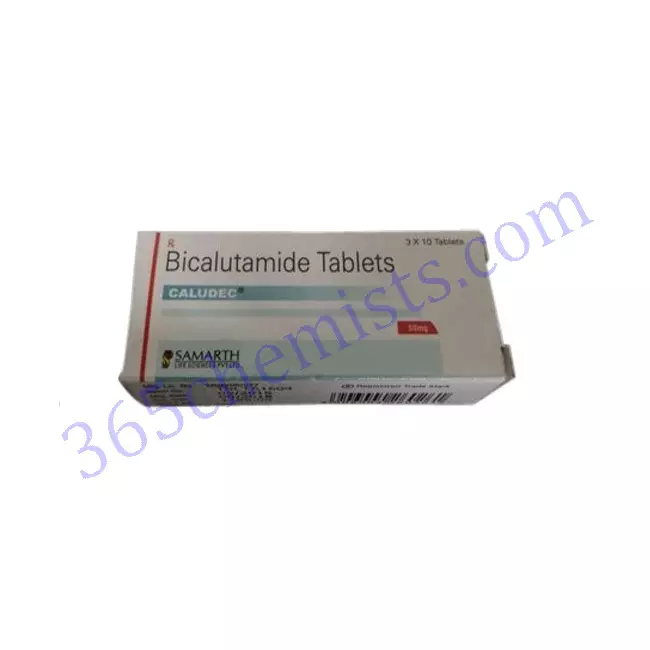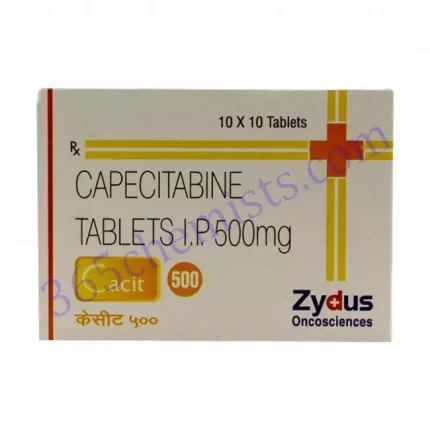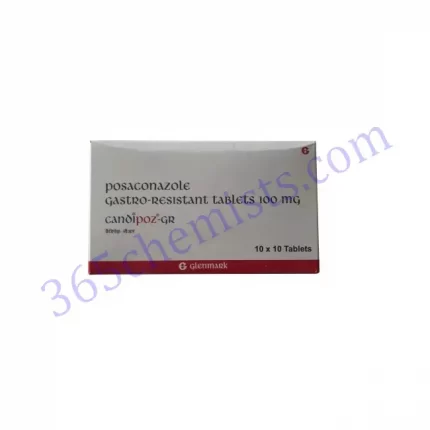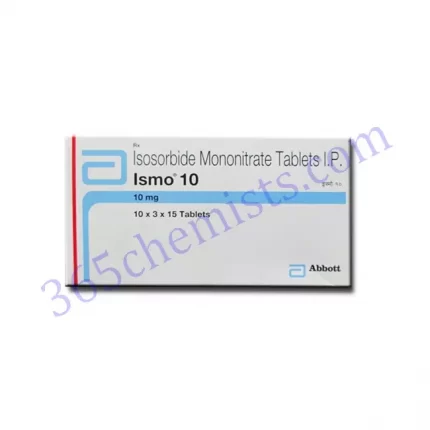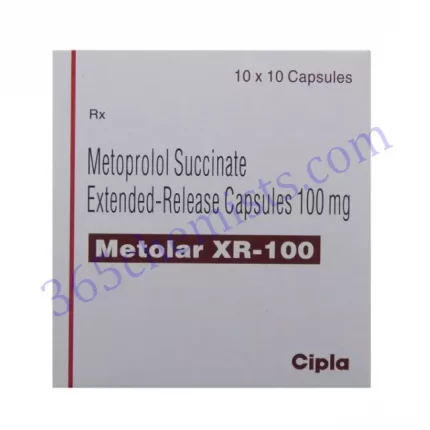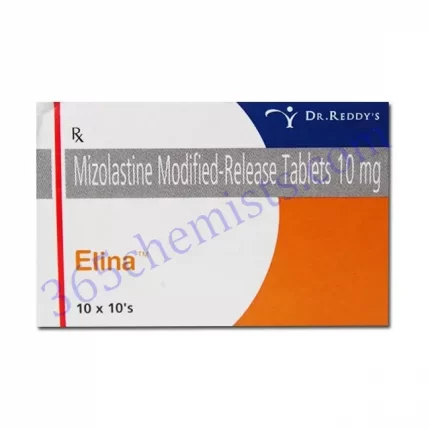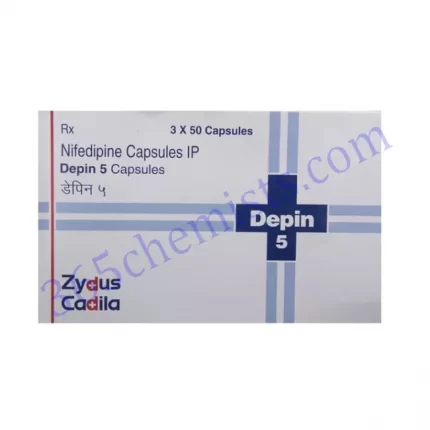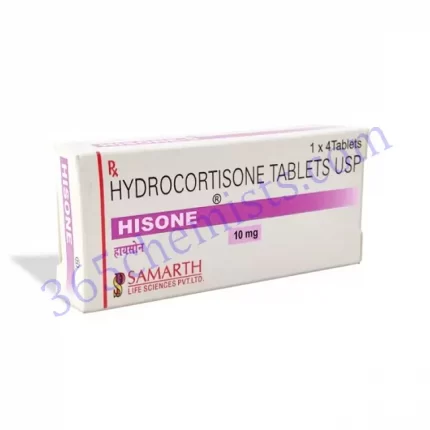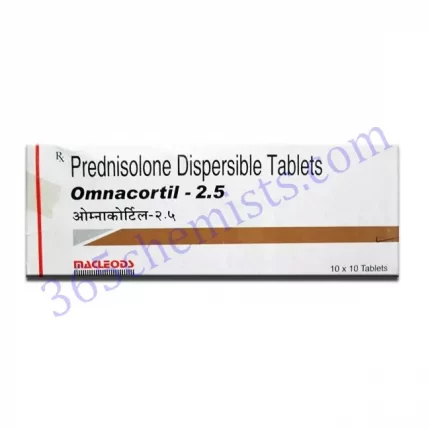Caludec 50mg Tablet: Managing Prostate Cancer with Bicalutamide 50mg
A non-steroidal anti-androgen drug that is used in the management of prostate cancer is contained in the Caludec 50mg Tablet. This medication is known as Caludec 50mg Tablet. Blocking the effects that testosterone has on cancer cells is one of the targeted approaches offered by this tablet, which is used to treat prostate cancer. The Caludec 50mg Tablet is an important component in the diagnosis, treatment, and ongoing management of prostate cancer due to the specific mechanism of action it employs and the carefully calculated dosage it requires.
Understanding Bicalutamide and Prostate Cancer
Bicalutamide is an example of an anti-androgen medication, which is a class of drugs. The male hormone testosterone is necessary for the growth and progression of prostate cancer cells. Prostate cancer cells are dependent on testosterone. The drug bicalutamide is effective because it binds to the androgen receptors present in prostate cells. This prevents testosterone from having its normal effects and slows the growth of cancer cells. In order to achieve the greatest possible therapeutic benefit, it is frequently employed in conjunction with other treatment modalities, such as surgical castration or agonists of the luteinizing hormone-releasing hormone (LHRH) receptor.
The Role of Caludec 50mg Tablet in Prostate Cancer Management
- Androgen Blockade The Caludec 50mg Tablet works as an androgen receptor antagonist, preventing prostate cancer cells from becoming bound to testosterone. This is accomplished through the androgen blockade. This helps to control the progression of prostate cancer by preventing the growth and spread of cancer cells.
- Hormone Therapy: The Caludec 50mg Tablet is frequently used in conjunction with other hormone therapies, such as surgical or medical castration, in order to achieve a treatment strategy that is more comprehensive and successful. This combination helps to lower testosterone levels in the body, which in turn inhibits the growth of prostate cancer cells to a greater extent.
- Palliative Care: The Caludec 50mg Tablet may be used to provide palliative care for patients whose prostate cancer has progressed to an advanced stage. It helps improve patients’ quality of life by alleviating symptoms associated with advanced prostate cancer, such as pain and urinary obstruction, which are both caused by the disease.
Using Caludec 50mg Tablet
The Caludec 50mg Tablet should only be utilised under the direction of a qualified medical professional. The individual patient’s condition and response to therapy will be taken into consideration when determining the appropriate dosage and length of treatment. It is essential to take the medication in the manner in which the healthcare professional has instructed, including strictly adhering to the dosage that has been prescribed.
Safety and Precautions
Caludec 50 mg Tablet is generally safe and well tolerated; however, it is essential to take the following precautions before using this medication:
- Please Seek the Advice of Your Healthcare Professional: Inform your healthcare professional about any medical conditions you’ve had in the past, any medications you’re currently taking, and any allergies you have before beginning treatment with Caludec 50mg Tablet. They will determine whether or not the medication is appropriate for the circumstances that you are in.
- Regular Monitoring It is possible that regular monitoring, which may include blood tests and prostate-specific antigen (PSA) tests, will be required in order to evaluate the patient’s response to treatment and ensure that the treatment is effective.
- Side Effects It is possible that the Caludec 50mg Tablet, like any other medication, will cause side effects. Hot flashes, breast tenderness or enlargement, fatigue, and gastrointestinal disturbances are some of the most common adverse effects of hormone replacement therapy. It is imperative that you inform your healthcare provider of any side effects that last for an extended period of time or cause you discomfort.
- Interactions with Other Medications It is important to inform your doctor about any medications, herbal supplements, or over-the-counter drugs that you are currently taking because it is possible that they will interact with the Caludec 50mg Tablet.
The Role of Caludec 50mg Tablet in Prostate Cancer Management
- Androgen Blockade The Caludec 50mg Tablet blocks the androgen receptors that are present in prostate cancer cells. This prevents testosterone from binding to the cancer cells. This helps to control the progression of prostate cancer by preventing the growth and spread of cancer cells.
- Combination Therapy: The Caludec 50mg Tablet is frequently used in conjunction with other treatments such as surgical castration or luteinizing hormone-releasing hormone (LHRH) agonists. This type of therapy is referred to as combination therapy. By further lowering testosterone levels throughout the body, the goal of this combined treatment strategy is to achieve the greatest possible therapeutic benefit.
- Palliative Care: The Caludec 50mg Tablet may be used to provide palliative care for patients whose prostate cancer has progressed to an advanced stage. Patients may experience an improvement in their quality of life as a result of the alleviation of symptoms such as pain and urinary obstruction.
Conclusion
In the treatment of prostate cancer, the medication Caludec 50mg Tablet, which contains Bicalutamide 50mg, is an essential part of the process. This helps to control the growth and spread of cancer by inhibiting the effects of testosterone on prostate cancer cells, which provides a targeted approach to the treatment of the disease. Always make sure to seek the advice of a qualified medical professional in order to receive individualised recommendations, as well as to determine the appropriate dosage and length of treatment. In addition to other treatments that are prescribed, the Caludec 50mg Tablet offers patients hope and support in the fight against prostate cancer, which ultimately improves patient outcomes and raises the overall quality of their lives.

